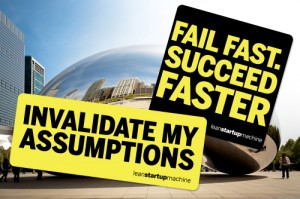 What are the skills we need nowadays? Have they changed from what was needed before? The Assessment and Teaching of 21st Century Skills research program, headquartered at the University of Melbourne, strives to provide answers to these questions.
What are the skills we need nowadays? Have they changed from what was needed before? The Assessment and Teaching of 21st Century Skills research program, headquartered at the University of Melbourne, strives to provide answers to these questions.
They have identified multiple skills that are crucial to life in the 21st century, and one of particular interest is what they call collaborative problem-solving (CPS), which comprises both social and cognitive processing skills. This social nature of problem-solving is the aspect that is considered to be new.
However, if we take a deeper look at the applications of the PDSA cycle, we can easily notice how problem-solving has been social already before, and that these existing methods may also have more to contribute to the class room.
Continue reading “The PDSA cycle is a core 21st century skill”


